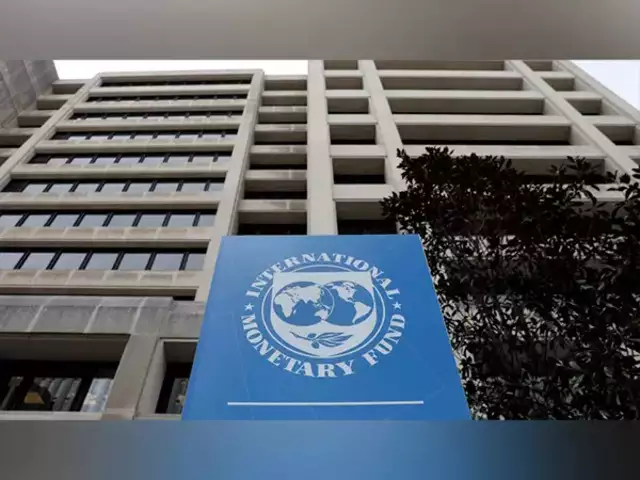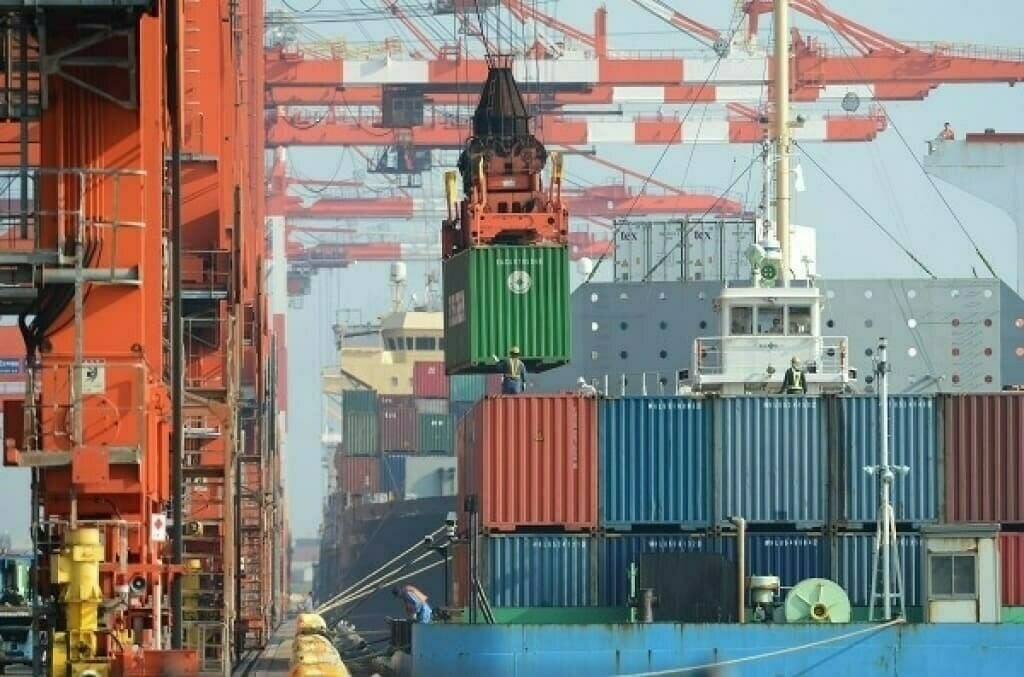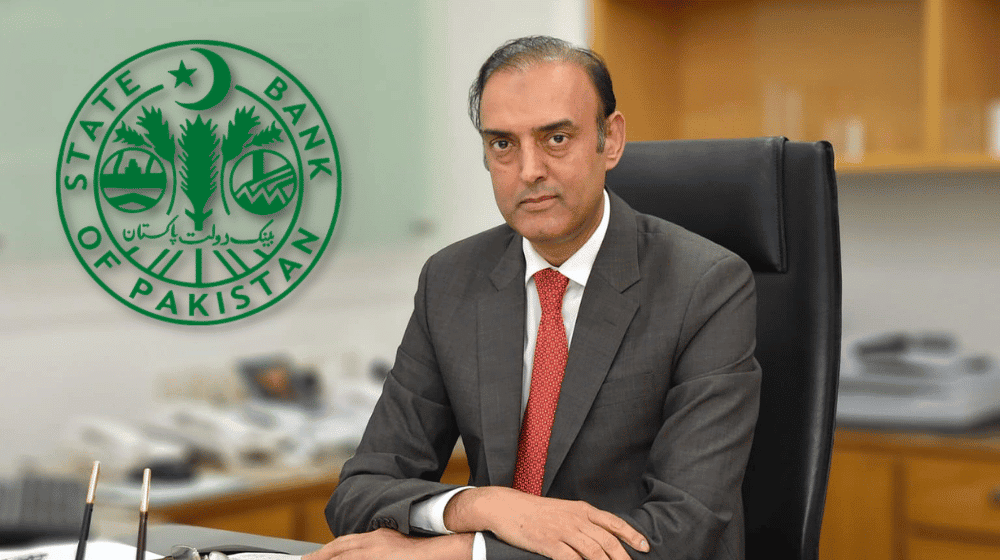PTBP Web Desk
The presentation of Pakistan’s Federal Budget 2025-26, initially scheduled for June 2, has been postponed to June 10, as announced by the Finance Ministry on Monday. The delay stems from unresolved disputes with the International Monetary Fund (IMF) regarding critical budgetary figures—particularly subsidy allocations.
This announcement was made during a session of the Sub-Committee of the National Assembly Standing Committee on Commerce, chaired by Khurshid Ahmed Junejo. The sub-committee is currently focused on settling outstanding receivables owed to the Trading Corporation of Pakistan (TCP), which total approximately Rs 317.5 billion. Of this amount, Rs 93.693 billion is principal, while Rs 223.797 billion represents accrued markup.
Joint Secretary (Corporate Finance), Sajjad Azhar, explained that the delay in presenting the federal budget was due to the IMF’s refusal to approve modifications to the figures recently submitted to them. Under the Extended Fund Facility (EFF) with the IMF, Pakistan is bound by strict fiscal discipline, especially regarding subsidy ceilings.
“As you know, Pakistan is under the IMF’s Extended Fund Facility, which restricts any changes to the allocated funds in the budget,” Azhar told the committee.
He added that the budget numbers are still under reconciliation, contributing to the delay in finalizing the Federal Budget 2025-26.
The sub-committee spent considerable time addressing the long-standing issue of receivables owed to the Trading Corporation of Pakistan (TCP). According to TCP Chairman Syed Rafeo Bashir Shah, the corporation imported wheat and urea as directed by the Economic Coordination Committee (ECC). However, the federal government has not cleared the payments since 2010.
Tensions rose between Shah and Sajjad Azhar during the discussion. Shah argued that TCP operated under clear government directives, yet continues to suffer financial strain due to unpaid dues. In response, Azhar countered that the ECC never approved reimbursement of markup costs through the federal budget. He noted that the Finance Ministry had conducted five meetings with stakeholders to reconcile the dues, even involving the State Bank of Pakistan (SBP).
The SBP reportedly declined to intervene with commercial banks over interest rates, stating that these were governed by commercial agreements and could not be renegotiated administratively.
National Assembly Urges Subsidy Allocation Increase
Concerned about TCP’s financial viability, members of the sub-committee, including Shaista Pervaiz Malik and Rana Atif, called on the Finance Division to increase subsidy allocations in the budget. Their aim is to allow partial payments to TCP and avoid further damage to its operations.
Azhar informed the panel that the government recently managed to secure commercial loans for Pakistan International Airlines (PIA) without any discount. A similar borrowing arrangement is being considered to manage the circular debt, pegged at KIBOR minus 0.2%. A proposal is currently under review and will soon be submitted to the federal cabinet.
In an effort to resolve some of TCP’s pending payments, Azhar revealed that the Punjab government has committed to pay Rs 26 billion, while the federal government will release a matching amount in the next fiscal year. Additionally, Rs 15 billion will be disbursed on behalf of the Utility Stores Corporation (USC) and National Fertilizer Marketing Limited (NFML) during the current fiscal year, subject to approval from the respective ministries.
Furthermore, Rs 30 billion will be allocated to TCP in the upcoming budget to continue clearing outstanding debts.
A representative from NFML added that all dues, including markup, were cleared during 2023-24, and no further payments remain outstanding.
After extensive discussion, the sub-committee decided to release an undisputed amount of Rs 90 billion to TCP as part of a first phase of repayments. In the second phase, a mechanism will be created to evaluate and resolve markup-related issues.
To bring transparency to the process, TCP has been directed to conduct a special audit of its commercial loans. The goal is to identify discrepancies and establish a clear picture of its financial liabilities.
The delay in the budget announcement is not just a procedural hiccup but reveals the ongoing tensions between Pakistan and the IMF. The IMF’s firm stance on budget discipline and subsidy reduction has left little room for Pakistan to maneuver, despite its need to stabilize essential state-owned enterprises (SOEs) like TCP and PIA.
This development has also drawn criticism from political stakeholders who believe that such rigid control undermines Pakistan’s fiscal sovereignty. The pressure to meet IMF benchmarks, coupled with longstanding institutional inefficiencies, continues to strain the country’s economic policymaking.



